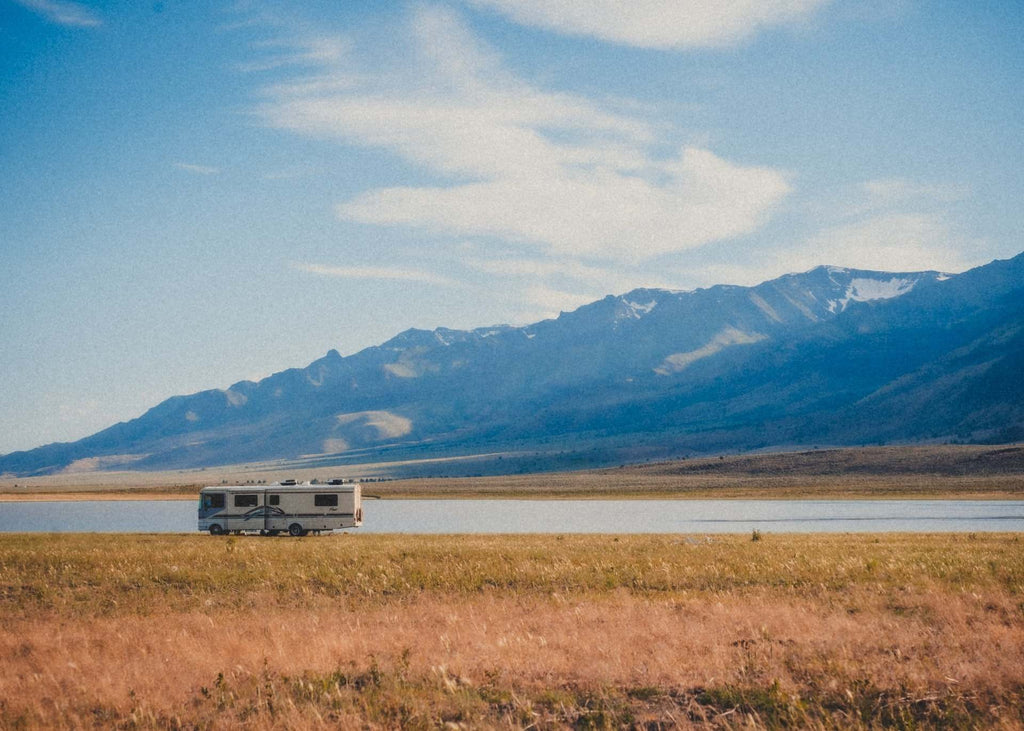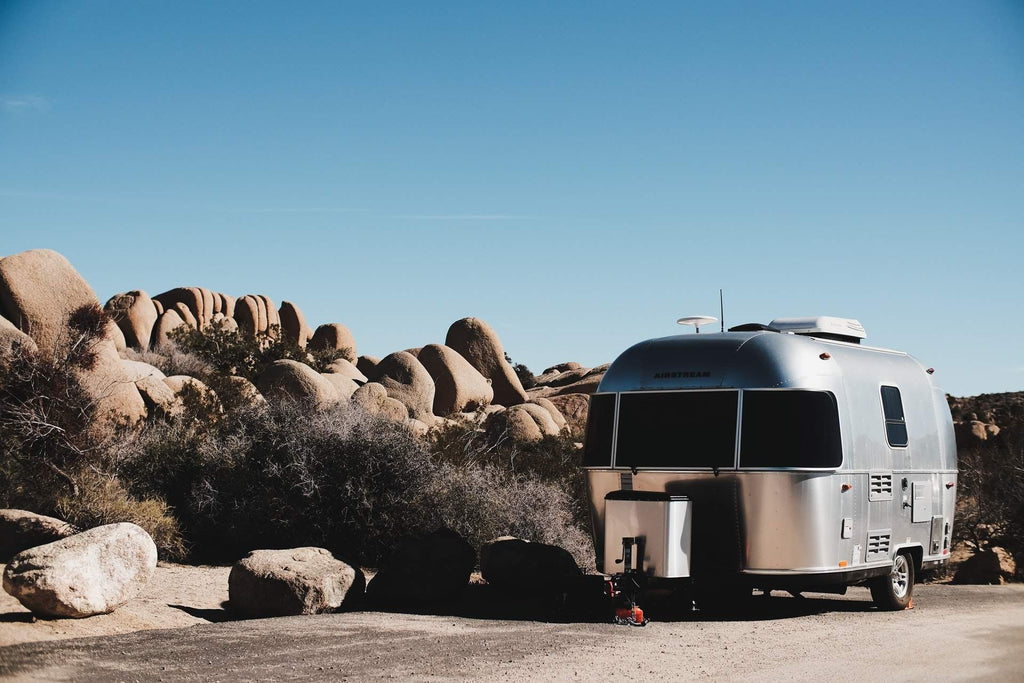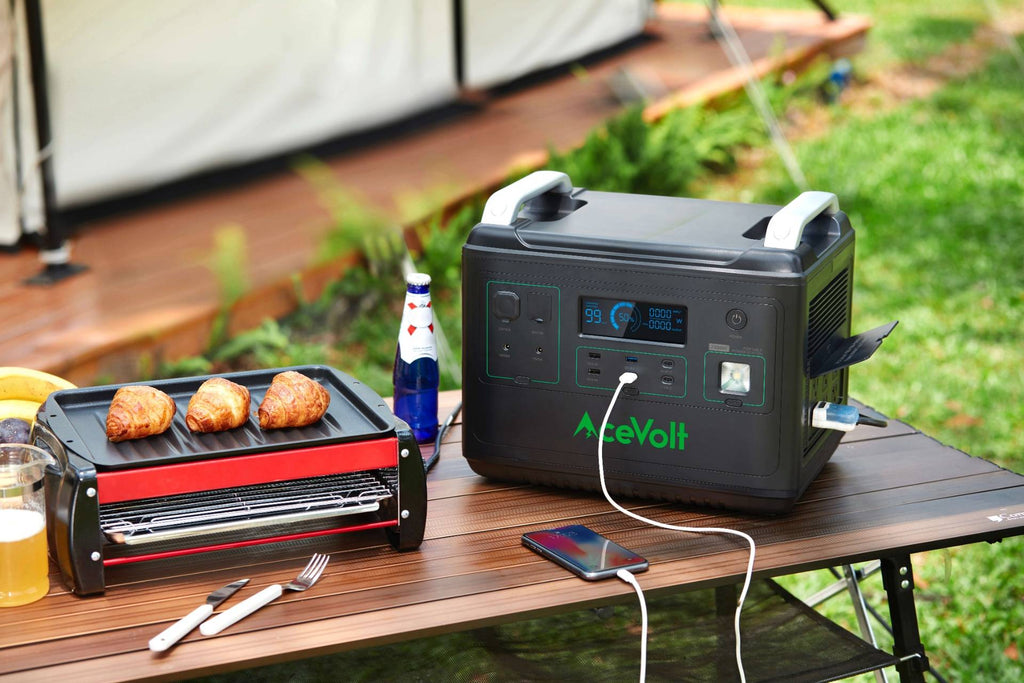
RV Batteries: Things You Need To Know For Camping
RV camping comes with tremendous advantages, but it can be a disaster when your RV batteries are not in good condition. Some of us get excited after purchasing our RV and pay little or no attention to the batteries until they need repairs. As an RV owner, there are several things you should know about your RV batteries. They don’t have to break down before you learn one or two about them. Your RV battery is an essential component of your RV’s internal setup that powers the electronic elements in the RV.
If you own an RV, it’s important to know the battery system. RVs require two battery types: the starter and the deep cycle or house battery. The deep cycle battery would provide more power than the starter battery, but it’s made to last longer.

What kind of battery does an RV use?
RVs use lead-acid batteries – the same as travel trailers. This means that it comprises several cells connected in series. While every cell produces about 2.1 volts, a 12-volt deep cycle RV battery running on six cell series will supply 12.6 voltage. The components used to make Lead-acid batteries for RVs are lead, plates, and lead oxide submerged in an electrolyte of 64 percent water and 36 percent sulfuric acid.
Although the Lead-acid camper battery stores electricity, it cannot make electricity. A portable power station with solar panels can convert solar energy into electrical current. The lead plates and electrolytes vary per lead-acid battery, but it determines the amount of charge. Depending on your application, you need the right size of RV battery.
The engine needs power from the chassis battery for the RV to start, also known as the starting battery. This type of battery supplies a large starting current, but for short periods. It has more thin plates, mainly to maximize the areas exposed to electrolytes. The chassis battery can provide a large volume of currents in short bursts.
The starting battery is measured in Cold Cranking Amps (CCA). It is the total amps the battery delivers at 0 degrees F for 30 seconds without dropping below 7.2 volts. However, you shouldn’t use the starting and marine batteries for deep cycle applications.
The other batteries that supply 12-volts to the RVs are house batteries. These are deep-cycle batteries capable of providing a steady amount of current for an extended period. It has thicker plate designs for deep discharges and recharges repeatedly. Although the 12-volt system is not as powerful as the chassis system, it charges when you are driving. The chassis and house batteries are rated in Amp Hours (AH) and newer terms Reserve Capacity (RC).

How long do RV batteries typically last?
Even when you have a high-quality battery, you need proper maintenance to sustain the efficiency of your camper battery. There is no specific duration of how long RV batteries last since the life span depends on several factors, including how well you maintain and use the battery. The amount of energy stored and the same power preserved in a battery varies from one to another. When purchasing one, you need to check the amp/hour rating on the battery. This tells you the capacity of your battery before it depletes. The charging, discharging, and storage also contribute to how long your RV batteries will last.
You must pay attention to the type of battery you install in your vehicle. A powerful brand will give about six years of use and possibly more. Mismanaging a lower quality battery and paying less attention to the power needs can reduce its l lifespan to two or three years. Regardless, the longevity of your RV battery depends on how you maintain it. Avoid letting the battery die, or overcharging it can give more years to your RV battery.
-
Deep-cycle batteries
The deep cycle battery is the type of Lead-acid battery like those found in cars, golf carts, and boats. This battery can produce a constant amount of current over a long period since it charges while you are driving. Deep cycle batteries are in subtypes: absorbed Glass Mat(AGM) batteries, wet-cell batteries, and gel-type. But each one has different maintenance needs.
-
Lithium batteries
Lithium batteries are an alternative to traditional batteries. Some campers rig their RVs from solar power generators to upgrade their lithium batteries. Although this battery type comes with several benefits, they are more expensive. Lithium batteries are lighter, smaller, and need less maintenance. You can refer to them as the best camper battery option since it offers longer life cycles. Typically, the lithium batteries are rated 5,000cycles against most lead-acid batteries with 400 cycles.

How to Keep the Battery Charged on RV?
RV batteries discharge on their own, especially when not in use. The storage temperature location and the type of the battery determine the level of speed at which the RV battery would operate. A high temperature speeds up discharging process, and a lower temperature slows the process. However, freezing is a disadvantage as it kills the battery; a charged battery can’t freeze. Although, compared to flooded cell batteries, AGM batteries can withstand damage from freezing.
To ensure the efficiency of your batteries when not in use, remove them monthly, check the voltage, and charge if it goes below 80%. Allowing your RV battery to charge is one of the ways to increase its life span. You can also power it up with solar panels in storage and never have to purchase a new battery every season.

Can a solar generator power an RV?
When you intend to be more environmentally friendly or decide on saving money on your trips, solar energy is your best bet to power your RV. You only need to ensure that the unit you purchase is strong enough to support all the features of your RV or be willing to sacrifice some amenities.
RV solar generators are portable power stations connected to solar panels to charge the system. Acevolt campower 2000 portable power station is the best solar generator for campers, and due to the low running cost, it’s in high demand. Solar panels can be installed on your RV rooftop and power your solar generator. Therefore, one way to offset costs and get electricity while camping is to get a solar generator.
Conclusion
Camping in your RV gives you access to some conveniences. Whenever you require power, you have easy access to it. Before you embark on your next camping trip, ensure you know the type of battery your RV uses and how it works. When purchasing a replacement, most RV batteries come with instruction manuals that you can read and follow carefully. You don’t need to bother about your RV batteries running out with the right information.























Leave a comment